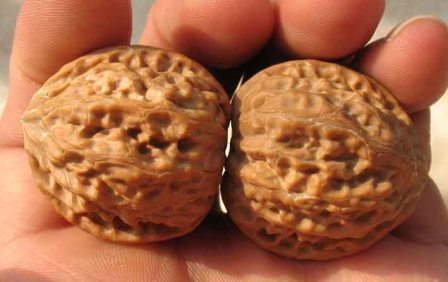The price of Monopterus Albus in Suzhou market declined after the National Day, and the farmers' enthusiasm for selling fish was not high.
During the National Day of the Mid-Autumn Festival every year, the price of Monopterus Albus Loach on the aquatic market will rise, and farmers are more enthusiastic about selling fish. The interval between the Mid-Autumn Festival and National Day is usually very short, so this year farmers began to pay close attention to the market situation about a week before the Mid-Autumn Festival. When the price obviously rises, there will be a batch of ricefield eel. On the one hand, you can return some of the cost first. Second, after raising the ricefield eel in the cage for a period of time, the density increases. Sell part of the ricefield eel in the cage, and then divide it into boxes to reduce some of the breeding density and reduce the incidence of ricefield eel.
China aquaculture network Monopterus Albus market through train data show that on October 18 in Suzhou Nanhuanqiao Aquatic Market, the wholesale price of Monopterus Albus with less than 12 taels is about 25 yuan / jin, and the price of 1-1.8 Monopterus Albus is slightly higher, with a quotation of 26 yuan / jin, while the price of large-sized Monopterus Albus above 1.8 taels is 30.5-31 yuan / jin. According to wholesalers, the price of ricefield eel has indeed dropped a little these days and during the National Day period, and the sales volume has also decreased. "at present, the Suzhou market is mainly farmed in Hubei, and wild goods are basically gone."
It has been learned from Hubei and Hunan that the disease of Monopterus Albus has increased due to the obvious drop in temperature recently. "when the temperature drops sharply, coupled with the large temperature difference between day and night now, Monopterus Albus is easy to get sick, and Monopterus Albus can not be sent out. Farmers use medicine to control the disease, and if there is nothing better, they will sell directly. The longer the disease, the greater the loss, and in the end, it is very likely that a cage Monopterus Albus will be scrapped. After going through this cooling period, healthy ricefield eels will enter another period of rapid growth, when farmers will increase their feeding to make ricefield eels gain weight quickly, "so unless they get sick, farmers generally don't sell fish easily in the month after National Day.
Related
- A course of planting techniques and methods on how to grow carrots
- How to plant the latest tulips?
- Is it better to pick tea in the morning or in the afternoon? When is the best time for tea to be picked? what is the third or fifth tea?
- Launch Yuanxiao Happy combination Haocha + Tea Yuan healthy Taste
- Penghu Tourism "Fireworks 20 Parade with You"
- 2022 West Lake Happiness holds "Digital Revitalization Voucher" and draws iphone13 and laptop.
- Banqiao Fuzhou social houses are designed to change start-up combined with police elimination to create a safe and livable environment
- The convenient measure of "mechanical weeding" in Xinbei has been abused and the Agriculture Bureau has imposed heavy penalties on the illegal land consolidation.
- Changgeng University Joins Hands with Four Memory Factories to Rescue Memory Talent Shortage
- The list of Taiwan's top 100 MVP managers is listed by the Director-General of the Farmers' Association of Sanxia District.



